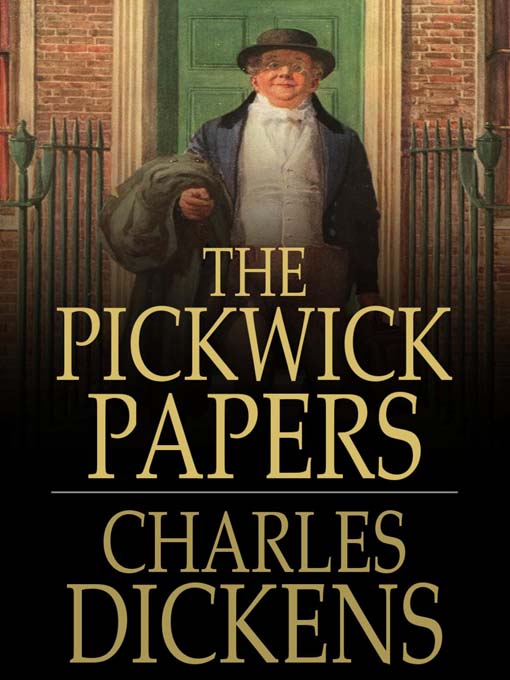The birds, who, happily for their own peace of mind and personal comfort, were in blissful ignorance of the preparations which had been making to astonish them, on the first of September, hailed it no doubt, as one of the pleasantest mornings they had seen that season. Many a young partridge who strutted complacently among the stubble, with all the finicking coxcombry of youth, and many an older one who watched his levity out of his little round eye, with the contemptuous air of a bird of wisdom and experience, alike unconscious of their approaching doom, basked in the fresh morning air with lively and blithesome feelings, and a few hours afterwards were laid low upon the earth. But we grow affecting: let us proceed.
In plain common-place matter-of-fact, then, it was a fine morning — so fine that you would scarcely have believed that the few months of an English summer had yet flown by. Hedges, fields, and trees, hill and moorland, presented to the eye their ever-varying shades of deep rich green; scarce a leaf had fallen, scarce a sprinkle of yellow mingled with the hues of summer warned you that autumn had begun. The sky was cloudless, the sun shone out bright and warm; the songs of birds, and hum of myriads of summer insects, filled the air; and the cottage gardens, crowded with flowers of every rich and beautiful tint, sparkled, in the heavy dew, like beds of glittering jewels. Everything bore the stamp of summer, and none of its beautiful colours had yet faded from the dye.
In this excerpt from Charles Dickens' airy novel The Pickwick Papers, the inchoate stages of Fall prior to a hunting trip are molded into brimming words. Though "everything bore the stamp of summer" still, little hints of fall began to poke through the "fine morning", notifying that "Autumn had begun." The insouciant, docile language used by Dickens carries a simplistic tone hinting that summer will soon perish, to be replaced with the full brunt of Fall. The writer observes the "scarce sprinkle of yellow mingled with the hues of summer" verifying the fact that it was "the first of September." The plentiful account of personification portrays an imagery sopped vision of ambling through the felicity of the nascent Autumn.


Your analysis was well-written overall, with excellent use of quotes. There are, however, a few instances of poor word choice, for example when you say "the plentiful account of personification". I suggest that you rephrase that as "the wonderfully fashioned personification" or something like that.
ReplyDeleteThis is well written with many quotations woven into the intricate description. One thing you could explore is what the fall represents or foreshadows in the story and what role it plays symbolically, but your vivid description about the shift from summer to fall is good.
ReplyDeletegood job, liked the section you described, and the inferences were spot on. the use of quotes within the post make it seem more liable or realistic.
ReplyDelete